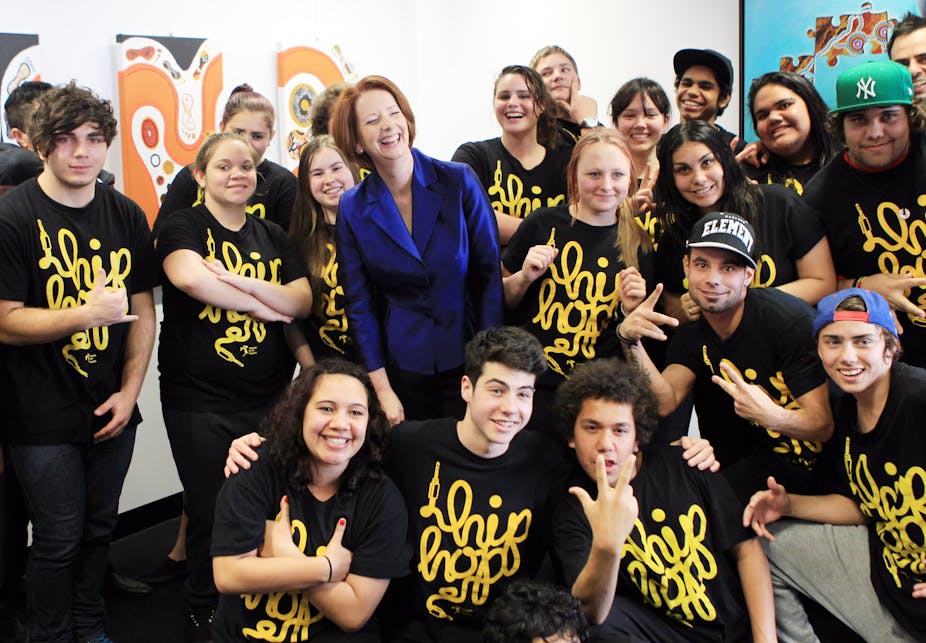Language and Indigenous experts have welcomed a government report that recommends bilingual school education programs for Indigenous communities, saying it will benefit all Australians and help get some Indigenous languages off the endangered languages list.
The “Our Land Our Languages” report follows a 12-month inquiry by the House of Representatives Standing Committee on Aboriginal and Torres Strait Islander Affairs.
The Committee considered the role of Indigenous languages to strengthening aboriginal identity and culture, and the benefits of including Indigenous languages in early education.
“Estimates show that at the time of colonisation there was an estimated 250 Australian indigenous languages being used and today there are about 18 languages,” the report’s authors write.
“The Committee found that the use of languages, including Indigenous languages and Standard Australian English, can assist in improving education, vocational and economic outcomes for Aboriginal and Torres Strait Islander people.”
According to Australian Bureau of Statistics data, 16.6% of Aboriginal and Torres Strait Island language speakers report that they do not speak English well or at all.
The report contains 30 recommendations, including establishing a national Indigenous interpreting service, improving community access to language materials through a dedicated Indigenous languages archive, and place names and landmark signage in local Indigenous languages.
“If the recommendations here were enacted (and allowed to run long enough to make a difference), Australia could go from a country which ranks among the worst in language endangerment to a world leader in language documentation and reclamation best practice,” said Claire Bowern, associate professor of linguistics at Yale University.
But we’ve been here before said Professor Bowern, with some of the recommendations in the report ultimately going back to the Royal Commission into Aboriginal Deaths in Custody in the late 1980s.
“A number of the same recommendations were made in the "Ampe Akelyernemane Meke Mekarle” (Little Children are Sacred) report.“
Bill Fogarty, who is a research associate at the National Centre for Indigenous Studies at ANU agreed the recommendations could be found in a string of other reports on Indigenous communities, but said they are well-timed given the Federal Government’s response to the Gonski review of school funding.
"There’s a real opportunity for the Federal Government to take the lead on implementing the recommendations in the report and making sure the states actually deliver what they have to in the process,” Dr Fogarty said.
He added that the number and quality of submissions to the inquiry was strong, and that it was nice to see the Committee taking on board evidence provided.
“In Indigenous affairs it sometimes feels like submissions are ignored for policy and political expedience purposes.”
Professor Bowern said it was also gratifying to see the importance of language documentation and archiving highlighted.
“The Australian Institute of Aboriginal and Torres Strait Islander Studies (AITSIS) has been important in this regard for many years but has been chronically underfunded,” she said.
Dr Fogarty said it was “critical” the recommendations relating to the IATSIS database and its research grant program be implemented.
“They’re the kind of wellspring to keep those languages relevant and going.”
He added that there were benefits to all Australians of protecting the knowledge contained within Indigenous languages.

